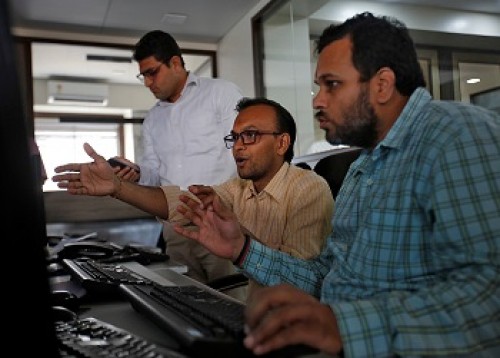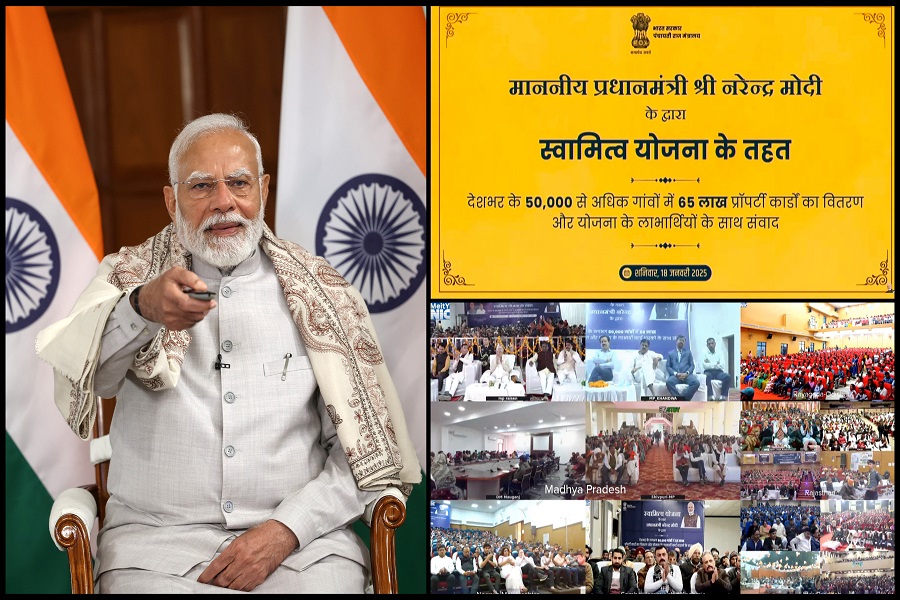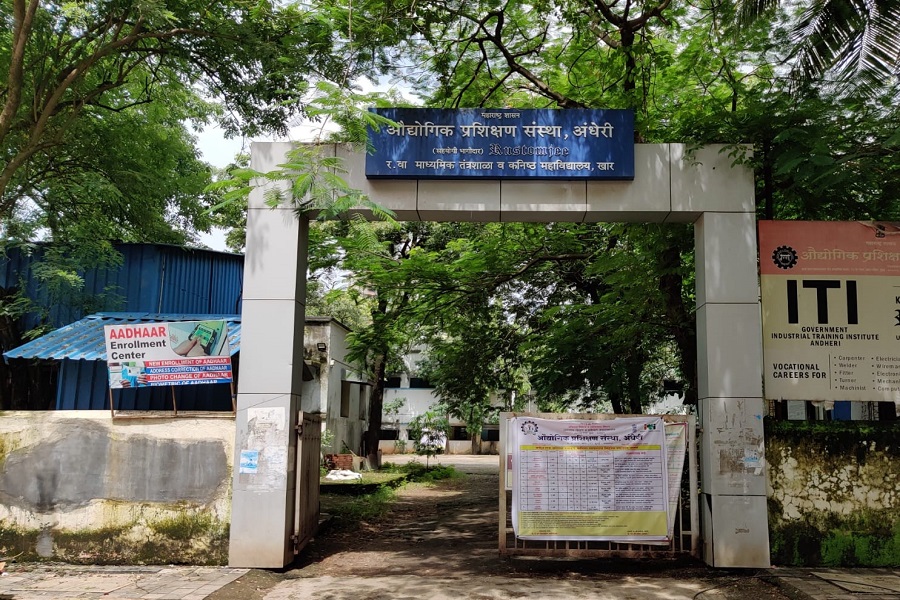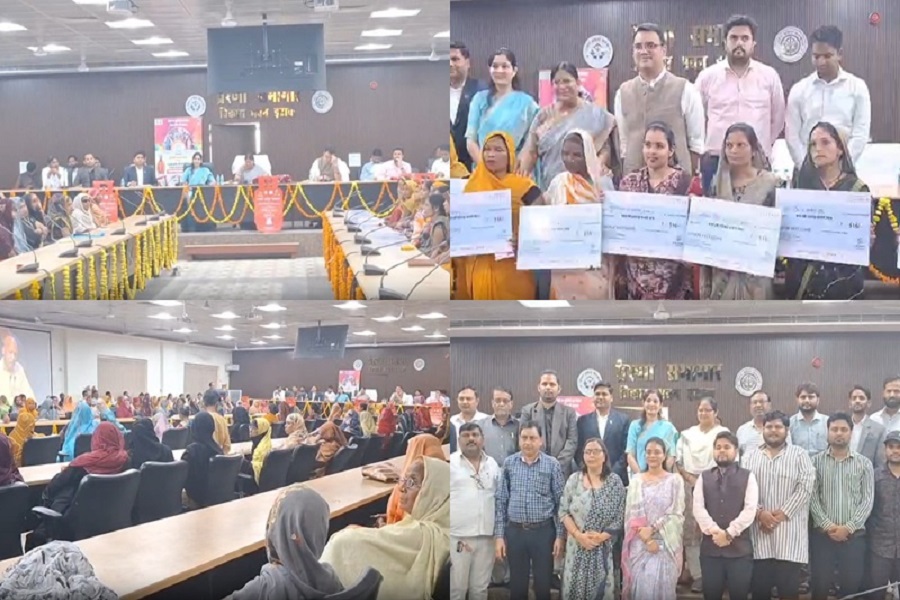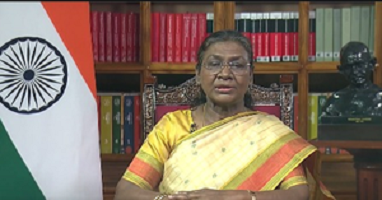India`s Commitment to Equality : Women`s Reservation Bill Becomes a Reality
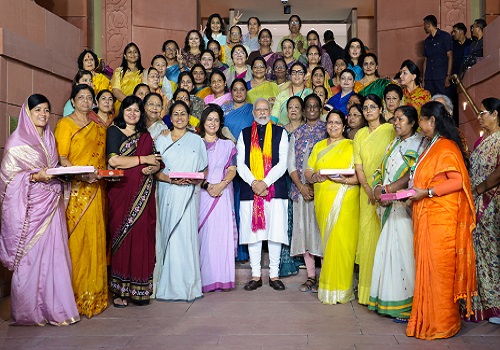
The Lok Sabha approved the Women's Reservation Bill with an impressive majority of 454 votes. This groundbreaking legislation mandates the allocation of 33% of seats to women in both the Lok Sabha and state legislative assemblies, marking a significant stride in India's ongoing battle for gender equality.
This major development is celebrated with great enthusiasm by President Nowhera Shaik of the All India Mahila Empowerment Party, who has long awaited this transformative development.
The significance of this achievement cannot be overstated, especially considering the extended wait of over 25 years since the bill's initial proposal. President Nowhera Shaik, in response to this historic development, aptly remarks, "This is a monumental step towards ensuring that the voices and perspectives of women are represented at the highest levels of governance. It's a testament to the progress we can make when we unite for a common cause."
Prime Minister Narendra Modi, who introduced the bill in the new Lok Sabha, emphasized the vital role of increased female representation in policymaking. He emphasized that by empowering women politically, India taps into their incredible potential to further contribute to the nation's growth. President Nowhera Shaik echoes this sentiment, imagining the Prime Minister's sentiments, "This bill recognizes the remarkable abilities of women and grants them the rightful place they deserve in shaping our nation's future."
Prime Minister Narendra Modi, who introduced the bill in the new Lok Sabha, emphasized the vital role of increased female representation in policymaking. He emphasized that by empowering women politically, India taps into their incredible potential to further contribute to the nation's growth. President Nowhera Shaik echoes this sentiment, imagining the Prime Minister's sentiments, "This bill recognizes the remarkable abilities of women and grants them the rightful place they deserve in shaping our nation's future."
PM Modi also revealed the government's intention to introduce the Nari Shakti Vandan Adhiniyam, underlining his commitment to women's empowerment—a move fully endorsed by President Nowhera Shaik, who asserts, "Empowering women is not just a political agenda; it's an imperative for the progress of our nation. We must seize every opportunity to honor the strength of Nari Shakti."
While this victory is undeniably significant, it has not been without its critics. The Congress party, for instance, labeled it an "election jumla" and "a significant betrayal of women's hopes." President Nowhera Shaik addresses these varying opinions, noting, "Diversity in opinion is a hallmark of democracy. However, the passage of this bill demonstrates that the majority of our elected representatives recognize the urgent need for gender equality in our legislative bodies."
The journey to pass this historic bill has been long and challenging, with its initial proposal dating back to 1996. Different governments have grappled with the determination required to transform it into law. President Nowhera Shaik emphasizes this journey, stating, "The path to change is often riddled with challenges, but it's through determination and perseverance that we make progress. This bill's passage is a testament to the collective will of the people."
The special five-day session of Parliament, commencing on September 18th, holds significance not only for this landmark legislation but also for the transition from the old Parliament building to the new one. Prime Minister Modi aptly noted that the old building will forever bear witness to historic decisions and moments. As a fitting tribute, it has been renamed "Samvidhan Sadan" by Lok Sabha Speaker, echoing the essence of our democratic values.
The passage of the Women's Reservation Bill is a pivotal moment in India's quest for gender equality. It stands as a testament to the nation's unwavering commitment to providing women with a platform to actively participate in governance.
Additionally, history was made when The Constitution (One Hundred and Twenty-Eighth Amendment) Bill, 2023, seeking to reserve 33% of seats in Lok Sabha and state Assemblies for women, was unanimously passed by Rajya Sabha, a day after sailing through Lok Sabha. The bill, the first legislation to clear both Houses in the new Parliament building, secured 214 votes in its favor, with none opposing it in the Upper House. Both Rajya Sabha and Lok Sabha adjourned sine die, concluding the special session of Parliament.
Prime Minister Narendra Modi expressed his gratitude to all members for their support to the Bill, stating, "A defining moment in our nation’s democratic journey! Congratulations to 140 crore Indians. I thank all the Rajya Sabha MPs who voted for the Nari Shakti Vandan Adhiniyam. Such unanimous support is indeed heartening."
With the passage of the Nari Shakti Vandan Adhiniyam in Parliament, India embarks on an era of stronger representation and empowerment for its women. This legislation is not just a law; it is a tribute to the countless women who have enriched our nation with their resilience and contributions. It serves as a reminder of the strength, courage, and indomitable spirit of all the women of our nation. This historic step is a commitment to ensuring their voices are even more effectively heard.
Union Home Minister Amit Shah hailed the passage of the Bill, emphasizing, "Where there is a will, there is a way. A historic milestone was achieved today on the path of equitable governance." He praised Prime Minister Modi for sending a powerful message of gender equality and inclusive governance to the world.
Nowhera Shaik, has long awaited the passage of the Women's Reservation Bill, a historic achievement in India's quest for gender equality. Imagining her response to this momentous development, she states, "This landmark legislation is a powerful stride towards ensuring women's voices shape our nation's governance. It reflects the unity and determination required to drive meaningful change."








